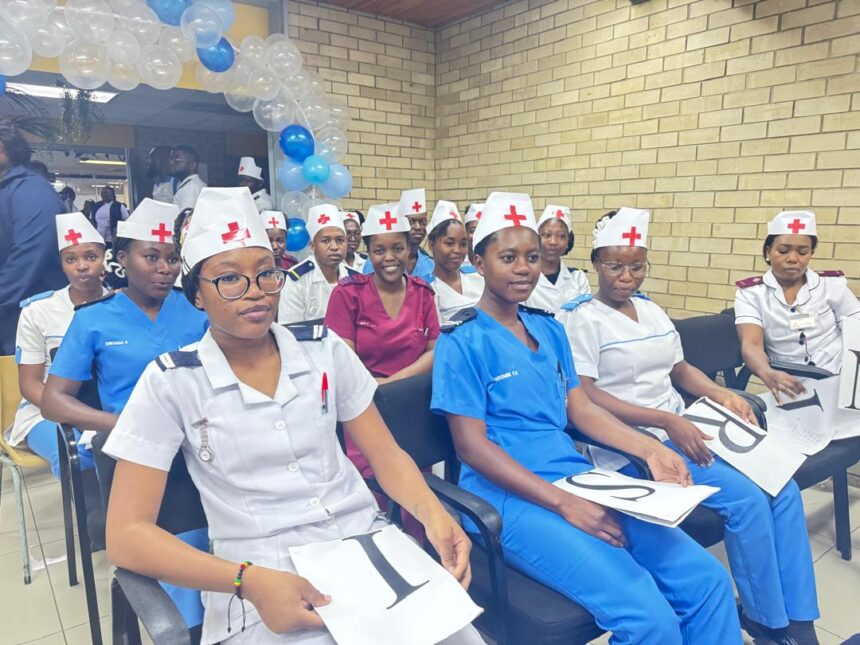Health minister Dr Esperance Luvindao said far beyond the profession itself, nursing is a sacred calling defined not only by the hours on a clock, but by moments of profound impact in the lives and well-being of others.
“Nurses are the hands that hold us when fear takes over, the calm in the chaos, and the strength that carries us through pain and uncertainty. In every corner of the world, nurses stand as the heartbeat of our health systems; unwavering, compassionate and essential,” said Luvindao during the recent World Nursing Day celebration.
“She added that nurses work through long nights, challenging conditions, and personal risks, including exposure to infectious diseases like TB and Covid-19, as we very well recall. Many have borne these burdens quietly, with courage and grace.”
“From the national referral hospitals to remote clinics, in the most rural part of Namibia, from emergencies to routine care, it is our nurses who stand at the frontline. Despite the critical role nurses play, we are aware of the challenges they face, from limited career progression to overwhelming workloads. The ministry is listening,” she said.
Luvindao said they are reviewing the healthcare structure with a renewed focus on improving conditions for nurses, adding that a call had been issued to nurses and doctors interested in pursuing postgraduate studies, and the response had been encouraging.
Additionally, she noted that steady progress was being made in acquiring new uniforms, which were expected to be delivered within the current quarter. While these actions might seem small gestures, the minister emphasised that they were important symbols of respect and professionalism.
Luvindao stated that the government, through the ministry, was committed to investing more in the training, retention and development of nurses, emphasising that investing in nurses meant investing in the health of the nation.
After the African region, the Eastern Mediterranean has the second-lowest overall density of nurses (15.5 per 10000 population), with a huge disparity ranging from 1.2 to 83.7.
The nursing workforce is essential to achieving SDG 3 regarding “Good Health and Wellbeing” by 2030, particularly for universal health coverage and strengthening primary health-care. However, progress is off-track, and without targeted action, nursing workforce gaps will persist beyond 2030, especially in the most vulnerable regions,” Dr Hanan Balkhy, the WHO Eastern Mediterranean regional director, observed.
While countries in the region have made progress since 2020 when the first report was published, inequities in nurse distribution, density, education, wages and working conditions persist within and among member states.
WHO says urgent investment in the education, employment, and retention of nurses is needed. Strengthening health workforce information systems, creating workforce investment plans, addressing gender biases and local disparities in education and the health labour market, using existing tools to assess work environments and leverage digital technologies, are among the key policy recommendations in the report.



